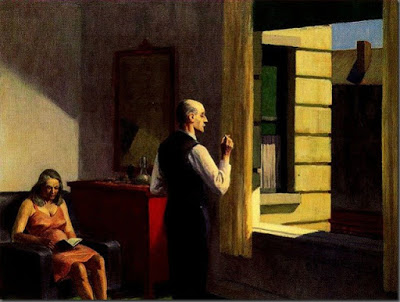While we stayed home…
 |
| Peter Harling 17/05/2020 |
The outbreak of a new infectious disease has hardly brought us together. Rather, it has proven intensely polarizing—in line with the age’s politics, economics, and international affairs. If one point of agreement can be found, it lies in the idea that, from here onward, things can only change one way or another. But even this apparent consensus quickly breaks down.
The more pessimist forecast for the post-covid world suggests that distance and distrust may relax but remain the norm. Lockdowns could ebb and flow, border walls rise, xenophobia intensify, and masks stay in vogue, while we deal with the crisis’ catastrophic social and economic fallout. In the most optimistic vision, our politicians and tycoons would backpedal constructively, working to restore social equity and ecological equilibrium with a newfound sense of urgency. Somewhere in the middle, a cautiously hopeful narrative would have growing mobilization, solidarity, and awareness pave the way to a better tomorrow.
For now, it is much easier to see the darker scenarios take hold, as we fail to articulate, with any clarity, what mechanism could bring about the change we desire to see. Covid has had a paralyzing effect on parts of society that are integral to imagining our future: the middle class, or what’s left of it, as a last buffer between the sold-out elites and the burned-out poor. While the upper class is too invested in our broken systems, the underclass cannot transform them on its own, particularly as circumstances worsen. Much hinges on the stratum in between, whose worse bet is to retreat into itself.
We know little about the virus, which may be the forerunner of worse pandemics to come. But we know ourselves well enough to introspect and strategize. While we wait for epidemiologists, biologists, and public health experts to sort out the more technical aspects of our problem, it behooves us to think through what kind of world we want to save.
The data disease


